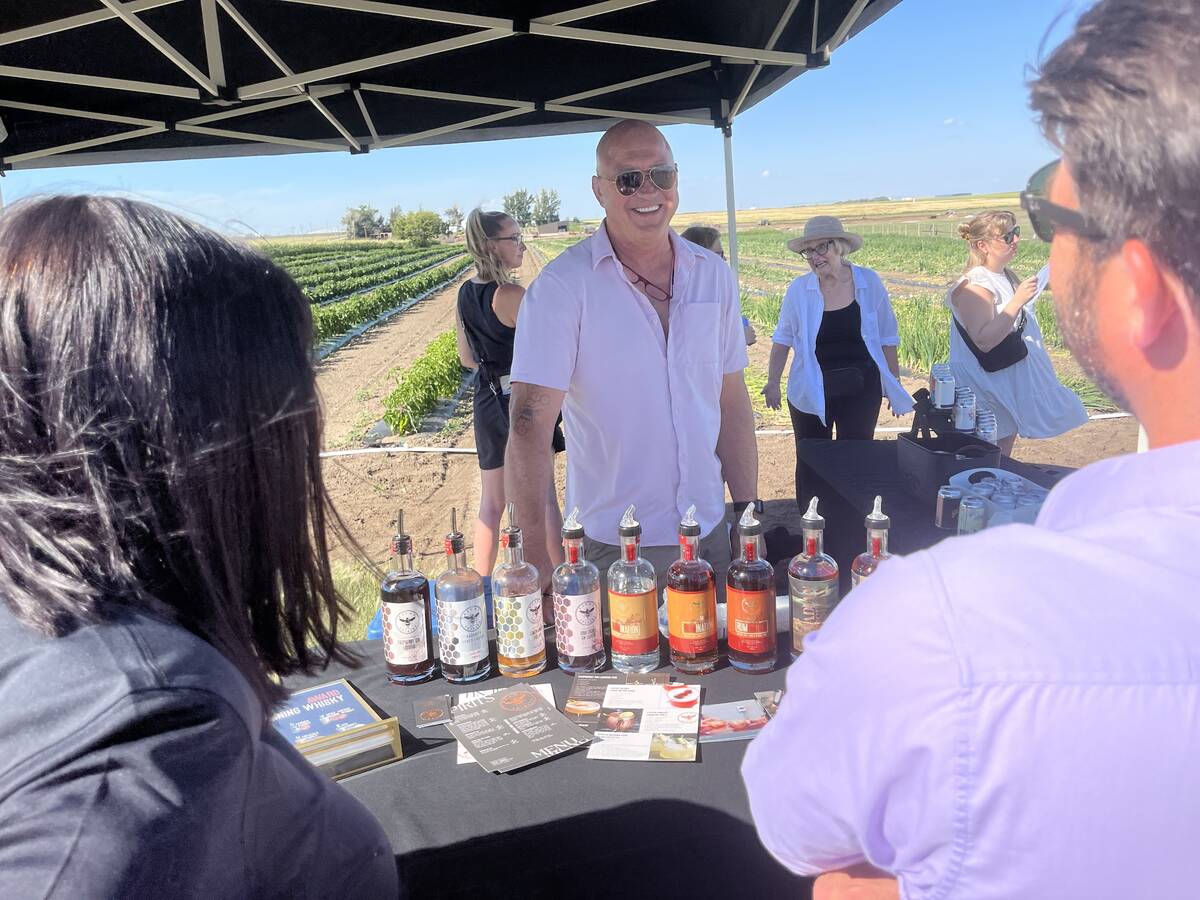The average person appears less concerned about biotechnology and more concerned about how their food is handled and prepared.
Danielle Schor of the International Food Information Council told the ag biotech conference that this is the 10th time the private food research group from Washington, D.C., has included biotechnology questions in food attitude surveys.
However, almost half of those interviewed said they had no opinion about the process and at times the pollsters had to provide additional information to explain the questions.
The survey also found that if people were told a process had Food and Drug Administration approval, they accepted the product.
Read Also

From farmer to award-winning distiller
Pivot Spirits showcases transition from farmer to distiller with provincial award-winning results in Alberta for Lars Hirch
When people were told biotechnology could relieve world hunger by increasing food production, 59 percent favoured that approach. Another 56 percent accepted less chemical use in food pro-duction when crops were made genetically resistant to insects, weeds or disease.
The 2007 survey found 69 percent of the American public are very or somewhat confident in the food supply. Schor said that was down by a few points from last year, which she attributed to public concerns over recent reports of E. coli bacteria in produce and botulism in canned food.
People said they were concerned about food handling and preparation, and the country of origin because many were worried about products coming from China.
When asked what food they avoid, 54 percent said they cut out sugar and carbohydrates but only one percent said they avoid genetically modified food.
Schor qualified that by saying few foods in the United States are labelled as genetically modified unless the products were substantially altered.
Cloning received less favourable responses.
“People in general don’t like cloning but they like it better than previous years,” she said.
They said cloned animals for breeding are acceptable but they should not be used for food. About half did not have an opinion.
When asked about the sustainability of agriculture, people were stymied.
“What we found is no one really knows what it is,” Schor said.
About 80 percent said it meant to having long lasting impacts or self sufficiency. The official definition is to operate in a manner that does not harm the source for future generations.















